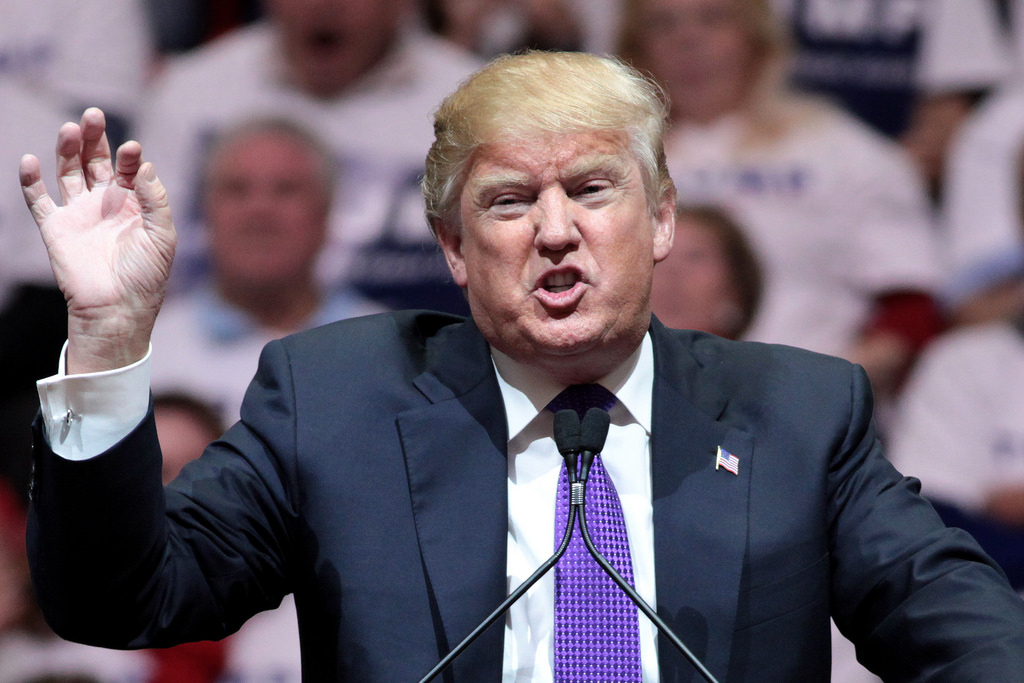Abortion rights, women of color, and LGBTQI+ people are under attack. Pledge to join us in fighting for gender justice.
Republicans Block the Paycheck Fairness Act on a Party Line Vote, Dealing a Blow to Women
(Washington, D.C.) Today, a united Republican caucus filibustered the Paycheck Fairness Act, blocking an up or down simple majority vote on the bill. Two months ago, the U. S. House of Representatives passed the Paycheck Fairness Act, which is critical legislation that advances racial and gender equity and addresses the economic pain that is falling disproportionately on women of color in the wake of the COVID-19 pandemic. The Paycheck Fairness Act will update and strengthen the Equal Pay Act of 1963 and provide additional protections against pay discrimination. Among other provisions, it will prohibit employers from relying on salary history to set pay when hiring, protect employees from retaliation for discussing or disclosing their wages, guarantee women can receive the same remedies for sex-based pay discrimination as are available for race- or ethnicity-based discrimination, and require employers to report wage data to the Equal Employment Opportunity Commission.
The following is a statement by Emily Martin, Vice President for Education & Workplace Justice at the National Women’s Law Center (NWLC):
“Women across America have waited long enough for equal pay—and they counted on the Senate to come through for them today. After all, 50 Senators cosponsored the bill, and the Biden-Harris Administration supports it. Instead, women’s hopes were dashed when Senate Republicans united to filibuster the Paycheck Fairness Act and avoid an up or down simple majority vote, an unacceptable outcome that flies in the face of economic reality. The gender wage gap has barely budged in the last decade and continues to shortchange women hundreds of thousands of dollars over a lifetime—with the biggest impacts on Black women, Latinas, and Native American women. As we emerge from the pandemic that has disproportionately hurt women workers, race and gender wage gaps have deepened the economic repercussions of this crisis and robbed women and their families of a financial cushion when they needed it most. Our message is clear and urgent: Closing the gender wage gap is an economic imperative for women and their families—and today’s vote is by no means the end. We call on Senate leadership to continue to push for passage of this critical legislation and for President Biden to act quickly to do everything in his power to promote equal pay through executive action, because women can’t afford to wait any longer.”





